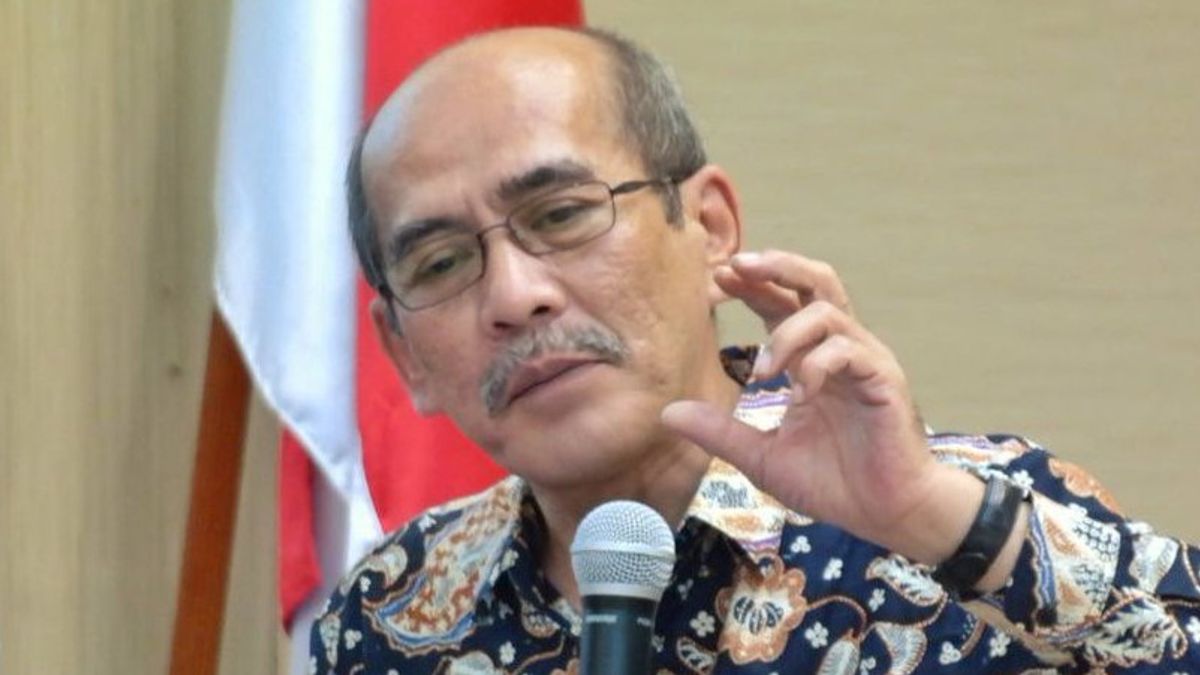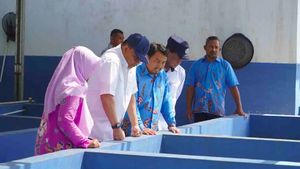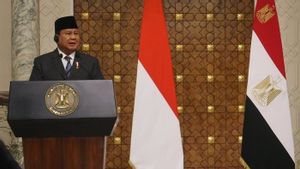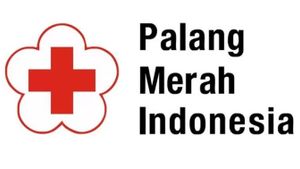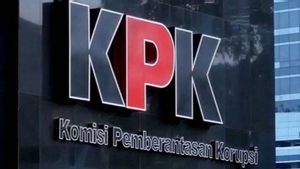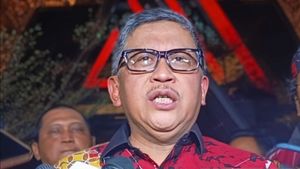JAKARTA - Indef senior economist Faisal Basri asked the government to immediately create an economic design based on local uniqueness. According to him, these efforts need to be made in order to increase domestic economic growth.
Faisal said Indonesia has a very interesting geographical background, in fact no other country has the same. But unfortunately this condition has not been optimized because Indonesia is an archipelagic country which has as many as 17,000 islands and is separated by waters.
"Realize that it is the sea that unites our islands, so that it can integrate the domestic economy. So what is needed is a new design for economic transformation based on uniqueness, this and Bung Karno has already said," he said in a webinar, Friday, October 8.
With the vast territorial waters flanked by three large straits, Faisal said this is a distinct advantage for Indonesia. Because, the strait became an international trade route that was passed by many large ships from all over the world.
Moreover, said Faisal, currently the trend of international trade is currently changing from shipping goods to developed countries in Europe and the United States (US) to neighboring countries.
Furthermore, Faisal said this condition is reflected in export data in 2020, in which 70 percent of them were sent to the Southeast Asia (ASEAN) region and the Asian continent.
"So this geography becomes important and increasingly important. The condition for us to be able to trade with our neighbors is that our economy is integrated first," he said.
But unfortunately, said Faisal, this is not supported by the developed sea transportation sector. In fact, what is actually developing is air transportation. This makes the cost of shipping goods is still very expensive in Indonesia. In fact, said Faisal, Indonesia is a maritime country where the sea should be the link between islands.
Based on his records, the number of sea transportation in Indonesia is getting smaller day by day. In 2010 the capacity of sea transportation in Indonesia was 8.96 percent, but in 2020 the number decreased to 6.94 percent.
"It's sad when I see it, if I may be sad this sea transportation is getting lower day by day," he said.
The English, Chinese, Japanese, Arabic, and French versions are automatically generated by the AI. So there may still be inaccuracies in translating, please always see Indonesian as our main language. (system supported by DigitalSiber.id)
